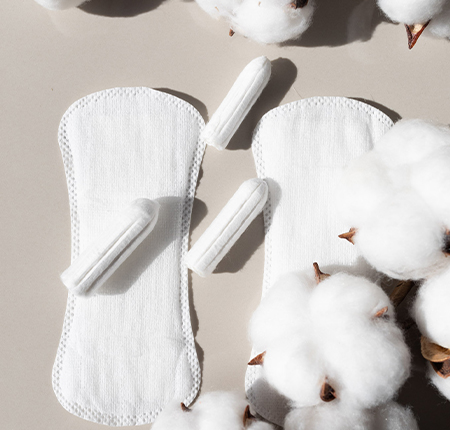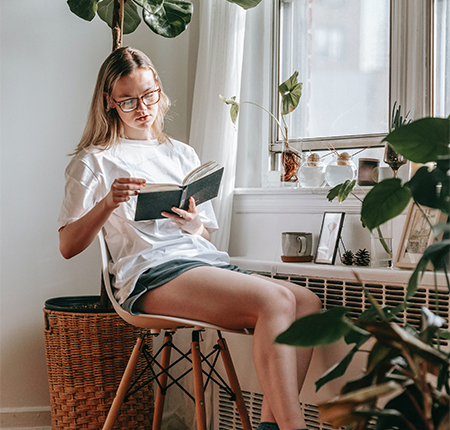
What does a greener lifestyle entail?
When you make an effort to reduce the amount of resources you use to protect the Earth, you are living sustainably. Of course, sustainability is a learning process and things evolve with society and technology: you become more and more informed and responsible, with as little impact on the planet as possible. how do you do that
1. Food scraps can also be ingredients
Have you ever thought about using orange peel when juicing citrus fruits? Or it can be kept in the fridge and added to cakes (this is only if you make sure that the fruit was not chemically treated during growth). Or when you cook with vegetables, have you thought about using all the parts - leaves, stems? There are countless ways to reintegrate food "waste" and cook more sustainably .
2. Support local producers
The food chain is extremely important: the shorter it is, the less waste is created before the food reaches your kitchen. Experts recommend buying 50% of your food within a 20 km radius of your home. Also, the nutritional value of fruit and vegetables is known to last a short time - so yes, it does matter how far your food travels.
3. Choose plastic-free personal care
Most common menstrual products are full of plastic: tampons have plastic applicators, plastic thread, and sometimes even a plastic top layer that holds the tampon body together. And absorbents are up to 90% made of plastic. Not to mention toothbrushes, tampons and all the containers of hygiene products. All this plastic ends up polluting nature, so a change is the most effective thing you can do: switch to 100% organic cotton menstrual products.

4. Green your home / office
Because it's not like that: you can never have enough plants! And we totally agree. Especially since, depending on the room you want to "green", you can choose plants according to their health benefits: for example, for the bedroom you can choose mother-in-law's tongue - it emits oxygen at night and purifies the air for a restful sleep. Or Dracaena reflexa - perfect for any room, purifies the air of formaldehydes (found in paints, wallpapers, carpets and curtains) and benzene (found in dyes and synthetic fibers).

5. Change the shower head
One of the best investments you can make is in a shower head with an airy design - because it will make a big difference! How does it work? By injecting air into the water jet, water consumption is limited.
6. Give up disposable products
Did you know that it takes 20,000 liters of water to create just 1kg of conventional cotton, enough to make a T-shirt and a pair of jeans? Yes, what you buy should matter. But what do you do with cotton disposables? For example, makeup remover disks? You replace them with their reusable versions. The good news is that you can do with most single-use plastic objects: cups, plates, various containers, bags and so on.
7. Rediscover vintage furniture and clothes swaps
Looking for interior design pieces in thrift stores is not only fun - it's also sustainable! Besides the fact that second-hand furniture tells a story, it can inspire you to think more creatively. Clothes swaps - known as swishing - are one of the greenest ways to refresh your wardrobe and find quality pieces.
Every day, your choices affect the environment, climate and other species: we know change doesn't happen overnight, but from what you eat to the menstrual products you use, it's not impossible to choose a greener lifestyle. No matter how small the changes, you must know that day by day, you can reduce the negative impact on the environment.






















